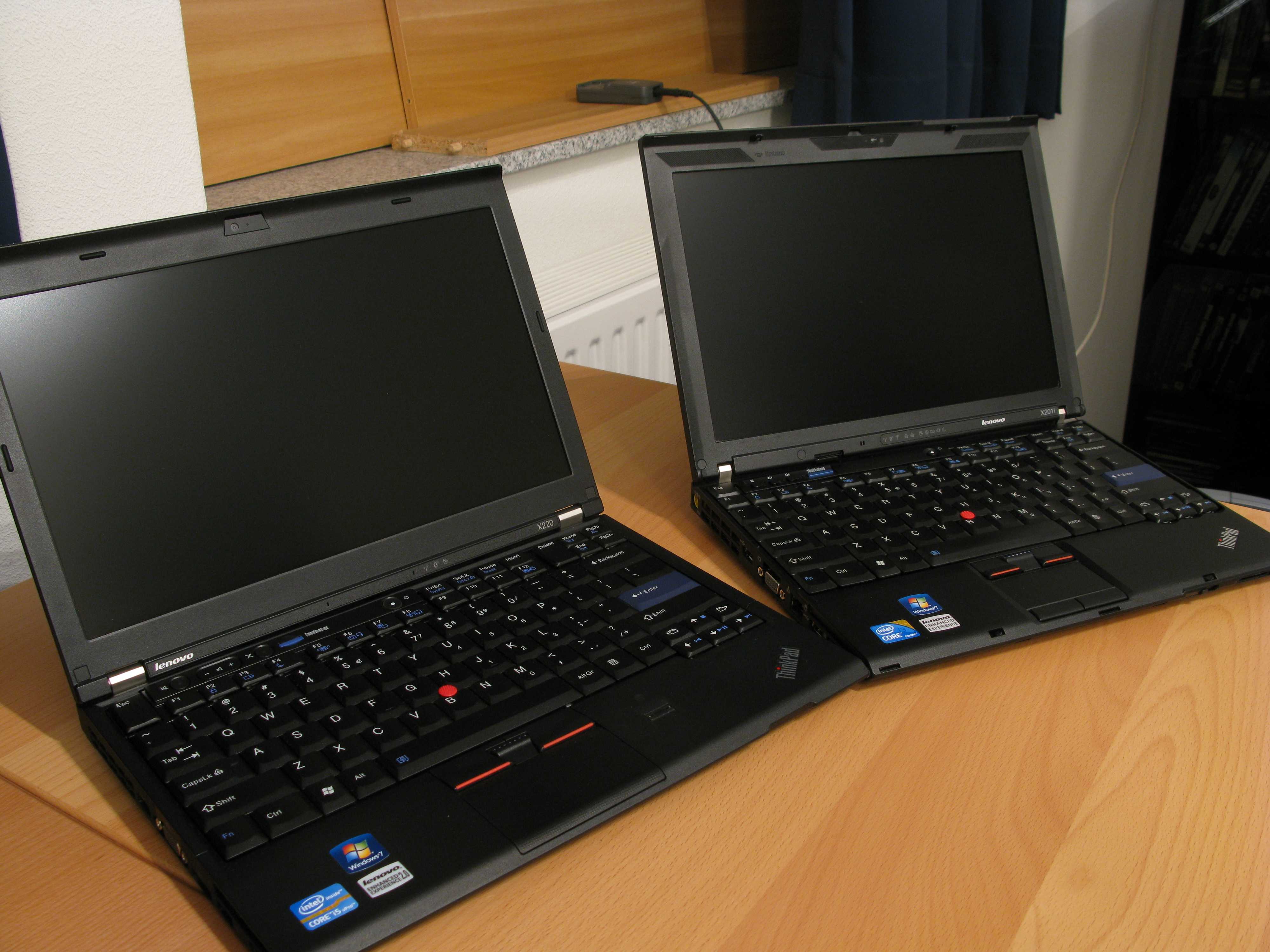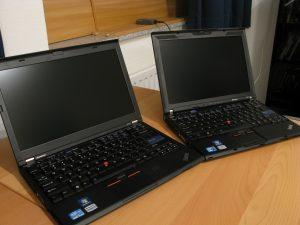How laptops in class affect learning

Study shows that laptop use during class result in lower scores. Photo attribution to Robert on Flickr.
by Matthew Hoffman, staff reporter, and Michael Fiscaletti, fact checker

One would be hard pressed to argue against the utility of modern technology. Personal computers (PC), tablets, and smartphones provide convenience as well as moderate assistance in everyday life.
Fast access to information has a lot of potential use in a classroom, allowing students to look up minor questions and reacquire basic information they may have forgotten. Of course, there are negatives. Modern technology (through social media, ease of communication, etc… ) increases the potential for a student to conduct academic dishonesty, or simply find distractions.
“I believe that laptops have a negative impact on the classroom because it’s responsible for distracting students from their actual work. I think it would be beneficial if students had a separate period to access the laptops where they can handle any personal business so classwork can be done with ease,” senior Brendon Muniz said.
This year, there was a study conducted by economists at West Point, in which computers were randomly banned from some sections of a popular economics course. This experiment was conducted by banning one third of the students from using any technology, another third was restricted to using tablets for class materials only, and the final third was free to use laptops or tablets to take notes during their lecture.
Eighty percent of the students who were permitted to use laptops chose to use them, and all of them scored worse on the final exam. “What’s interesting is that the smartest students seemed to be harmed the most,” according to Washington Post writer Jeff Guo.
Students who had high ACT scores, with permission to use laptops, performed significantly worse than students who had high ACT scores without access to laptops. To counter that, there wasn’t much of a difference in performance for students who already had lower ACT scores. Students with low ACT scores and laptops performed no worse than students with low ACT score and no laptops.
It is theorized that the reasoning behind “smart” students performing poorly with laptops is a result of hubris. “The smarter students may have overestimated their ability to multitask,” Guo concluded.
